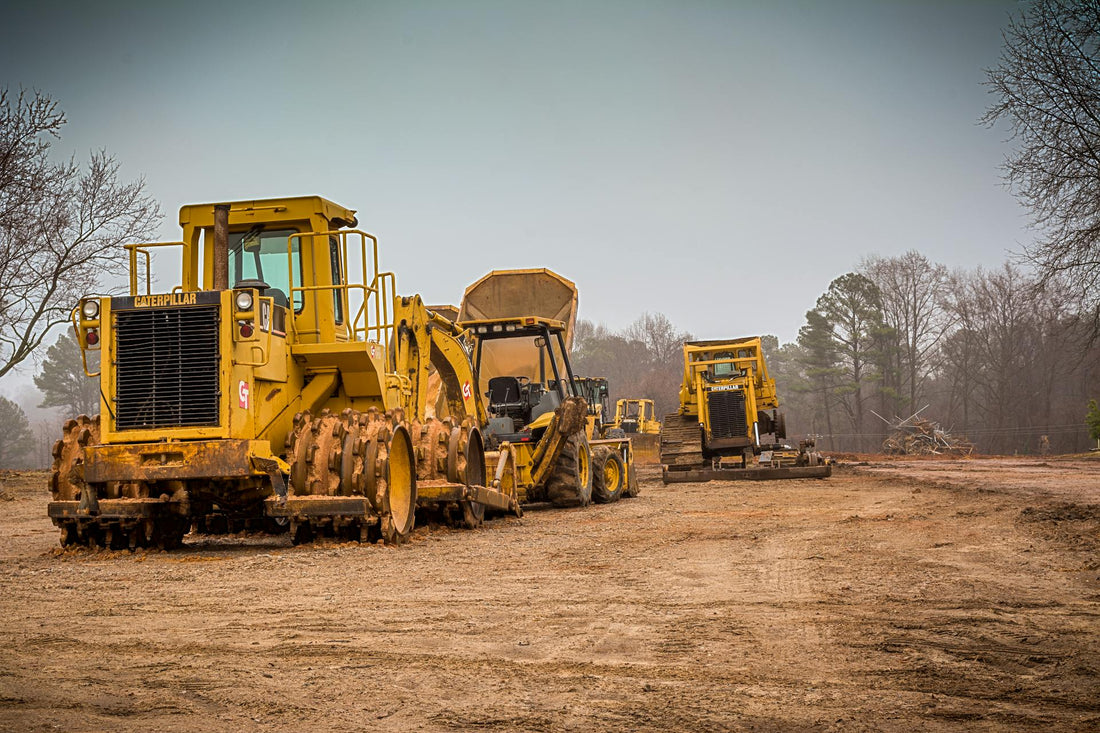
How long does diesel fuel last with a Stabiliser?
Share
No matter if you're a boat owner, farmer, engineer or simply someone who relies on diesel powered equipment, fuel degradation can't be ignored.
Like all fuels, diesel has a limited shelf life and if left untreated will degrade. This leads to poor performance and possibly engine damage.
This is where a diesel fuel stabiliser comes into play. They are formulated to extend to live of diesel fuel by preventing oxidation, reducing the growth of bacteria and dispersing water.
But how does it work and how long does diesel last when treated?
How long does diesel fuel last with STA-BIL Diesel Fuel Stabiliser?
The use of a fuel stabiliser can significantly extend the life of disel fuel. When properly treated, it can remain fresh and effective for much longer.
STA-BIL Diesel Fuel Stabiliser can extend the life of diesel fuel for up to 12 months. This means that fuel treated with STA-BIL remains stable and less prone to the problems associated with degradation.
By adding STA-BIL to your diesel fuel, you create a protective barrier that preserves the fuel’s integrity over extended periods, making it a reliable solution for both short-term and long-term storage.
However, there are other factors that can influence fuel longevity. These include the storage conditions, the quality of the initial fuel and if you use the correct concentration of fuel stabiliser.
How does diesel fuel degrade?
Understanding the factors that contribute to diesel fuel degradation is the first step in preventing it.
Oxidation
Oxidation occurs when diesel fuel reacts to exposure with oxygen, leading to the formation of gum and varnish deposits. These deposits can clog fuel injectors and filters, reducing the efficiency of your engine and potentially causing damage.
The oxidation process starts as soon as the fuel is produced and continues at a rate that can vary depending on the storage conditions.
Microbial growth
Diesel fuel can also become contaminated with microbes such as bacteria and fungi. These thrive in the water that can accumulate in fuel tanks, especially in environments with high humidity or fluctuating temperatures.
It can lead to the formation of sludge and slime, which can clog filters and corrode metal parts. This not only affects fuel quality but also increases the risk of equipment failure.
Water contamination
Water usually enters through condensation or leaks. While diesel fuel naturally contains some water, excessive amounts can lead to issues.
Water contamination can cause rust and corrosion in the fuel system, promote microbial growth, and reduce the combustion efficiency of the fuel. Water is also heavier than fuel, so it tends to settle at the bottom of the tank, where it can be drawn into the engine and cause damage.

The role of a diesel fuel stabiliser
A diesel fuel stabiliser is made up of chemical additives that prevent the key factors that cause fuel degradation.
By using a fuel stabiliser, you can ensure that your diesel fuel remains fresh and effective for longer periods, protecting your engine and improving performance.
How do they prevent oxidation?
Fuel stabilisers contain antioxidants that inhibit this reaction, slowing down the oxidation process and keeping the fuel in a stable condition.
How do they prevent microbial growth?
Diesel fuel can become a breeding ground for bacteria. Fuel stabilisers include biocides that kill and prevent the growth of these microbes, ensuring that your fuel remains clean and free from contamination.
How to the disperse water?
Excessive water in the fuel can lead to rust and corrosion in the fuel system. Fuel stabilisers break down water molecules and allow them to be burned off during combustion. This helps keep your fuel dry and your engine running smoothly.
